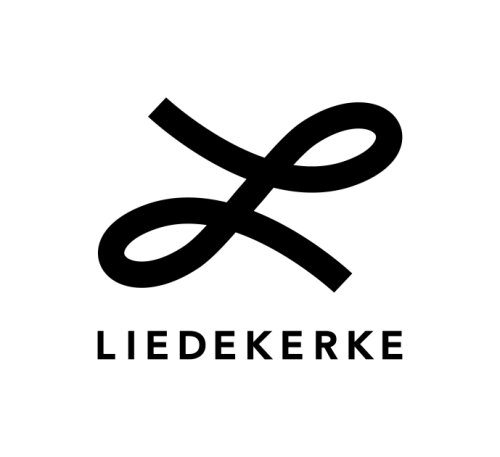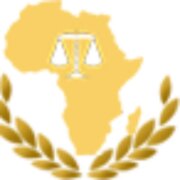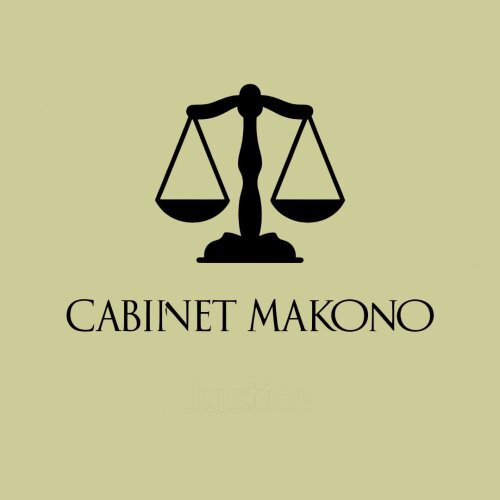Best Energy Regulatory Law Lawyers in Kinshasa
Share your needs with us, get contacted by law firms.
Free. Takes 2 min.
List of the best lawyers in Kinshasa, DR Congo
About Energy Regulatory Law in Kinshasa, DR Congo
Energy Regulatory Law in Kinshasa, DR Congo, refers to the body of laws and regulations that govern the production, distribution, and consumption of energy resources such as electricity, oil, gas, and renewables. The primary goal is to ensure an efficient, fair, and sustainable energy sector that meets the needs of both consumers and providers while safeguarding public interests and environmental standards. In Kinshasa, as the capital and economic powerhouse of the Democratic Republic of Congo, energy regulation is especially important given rapid urbanization, industrial growth, and the national drive for electrification.
Why You May Need a Lawyer
Legal assistance in Energy Regulatory Law is often crucial in several scenarios:
- Starting or expanding an energy company, including negotiating licenses and permits
- Dealing with energy contracts, such as supply agreements, purchase power agreements, or joint ventures
- Resolving disputes between energy companies and customers, or between private operators and the government
- Navigating compliance with local and national regulatory bodies and meeting technical standards
- Addressing environmental or land use concerns related to energy projects
- Responding to regulatory investigations or defending against penalties for alleged violations of laws or license terms
- Managing import-export issues related to energy resources
- Understanding tariffs, price regulations, and consumer protection measures
Given the complexity, dynamic nature, and high stakes of the energy sector in Kinshasa, involving an experienced lawyer can protect your interests, ensure regulatory compliance, and prevent costly legal errors.
Local Laws Overview
The legal framework governing energy in Kinshasa is shaped by both national laws and sector-specific regulations overseen by specialized governmental agencies. These include:
- Law No. 14/011 of June 2014: This law reformulates the Electricity Code, opening up the sector to private operators while maintaining state oversight. It sets the ground rules for granting licenses, regulating tariffs, and ensuring universal access goals.
- Energy Regulatory Authority (ARE): Established to supervise the sector, issue licenses, resolve disputes, and enforce compliance with technical and safety standards.
- Environmental Regulations: Any energy project in the DRC must comply with environmental standards, including conducting environmental and social impact assessments.
- Tariff Regulation: Energy prices are often subject to approval or oversight to maintain fairness and affordability, especially for household consumers.
- Renewable Energy Incentives: The government has introduced incentives to promote investment in renewable energy, providing opportunities and obligations unique to this sector.
- Dispute Resolution: Mechanisms exist within the regulatory framework and the courts for resolving disputes related to licensing, tariffs, and service quality.
Compliance and navigation of these laws require in-depth understanding and careful legal planning, particularly in the high-growth, sometimes unpredictable environment of Kinshasa.
Frequently Asked Questions
What is the main legal body overseeing energy regulation in Kinshasa?
The Energy Regulatory Authority (ARE) is the primary body responsible for supervising the energy sector, issuing licenses, ensuring compliance, and resolving disputes.
How do I obtain a license to operate in the energy sector?
You must submit an application to the Energy Regulatory Authority, providing technical, financial, and environmental information as required by law. Legal counsel is recommended to ensure compliance and increase the chance of approval.
Are there incentives for investing in renewable energy?
Yes, the DRC offers tax breaks, customs exemptions, and other benefits to encourage renewable energy development. Specific legal processes must be followed to qualify for these incentives.
What regulations exist for setting energy prices?
Tariffs and prices for electricity and other energy sources may be subject to approval and oversight by the ARE to protect consumers and ensure sector sustainability.
Can a foreign company invest in Kinshasa's energy sector?
Yes, foreign investment is allowed, but must adhere to local laws, obtain appropriate licenses, and often establish a local presence or partnership.
What recourse do consumers have if they face unfair treatment from energy providers?
Consumers can file complaints with the ARE or use dispute resolution mechanisms provided under local laws. Legal representation may help navigate these processes more effectively.
Are environmental assessments mandatory for new energy projects?
Yes, environmental and social impact assessments are required for most new energy projects to ensure compliance with national environmental regulations.
How are disputes between private energy companies and the government resolved?
Disputes may be handled by the ARE, through specialized tribunals, arbitration, or the judicial system. The process depends on the nature of the contract and the specific issue involved.
What happens if I operate without a proper license?
Operating without a license is illegal and can result in sanctions, closure of operations, fines, or prosecution under Congolese law.
Is it possible to challenge decisions made by the Energy Regulatory Authority?
Yes, legal avenues exist to appeal decisions of the ARE, either through administrative appeals or judicial review in the courts.
Additional Resources
For those seeking information or assistance, the following resources may be helpful:
- Energy Regulatory Authority (ARE) - the national regulator responsible for licensing and oversight
- Ministry of Hydraulic Resources and Electricity - responsible for policy development and sector strategy
- National Energy Company (SNEL) - the state-owned utility, key player in distribution and transmission
- Congolese Bar Association - a source for finding qualified energy law specialists
- Local universities and research centers focusing on energy and environmental law
- Non-governmental organizations working on renewable energy promotion and consumer protection
Next Steps
If you need legal assistance related to Energy Regulatory Law in Kinshasa, consider the following steps:
- Define your issue clearly, whether it is licensing, contracts, compliance, or dispute resolution
- Gather relevant documents such as contracts, permits, communications, and notifications from authorities
- Contact a reputable lawyer or law firm specializing in energy and regulatory affairs within Kinshasa or the wider DRC
- Consult with the Energy Regulatory Authority for information on your specific regulatory requirements
- Assess whether there are urgent deadlines or risks that require immediate legal intervention
- Prepare a list of questions for your lawyer to maximize the efficiency of your meeting
Proactive engagement with legal experts can help you navigate the complexities of the energy sector in Kinshasa, ensure compliance with all regulations, and protect your business or personal interests.
Lawzana helps you find the best lawyers and law firms in Kinshasa through a curated and pre-screened list of qualified legal professionals. Our platform offers rankings and detailed profiles of attorneys and law firms, allowing you to compare based on practice areas, including Energy Regulatory Law, experience, and client feedback.
Each profile includes a description of the firm's areas of practice, client reviews, team members and partners, year of establishment, spoken languages, office locations, contact information, social media presence, and any published articles or resources. Most firms on our platform speak English and are experienced in both local and international legal matters.
Get a quote from top-rated law firms in Kinshasa, DR Congo — quickly, securely, and without unnecessary hassle.
Disclaimer:
The information provided on this page is for general informational purposes only and does not constitute legal advice. While we strive to ensure the accuracy and relevance of the content, legal information may change over time, and interpretations of the law can vary. You should always consult with a qualified legal professional for advice specific to your situation.
We disclaim all liability for actions taken or not taken based on the content of this page. If you believe any information is incorrect or outdated, please contact us, and we will review and update it where appropriate.














